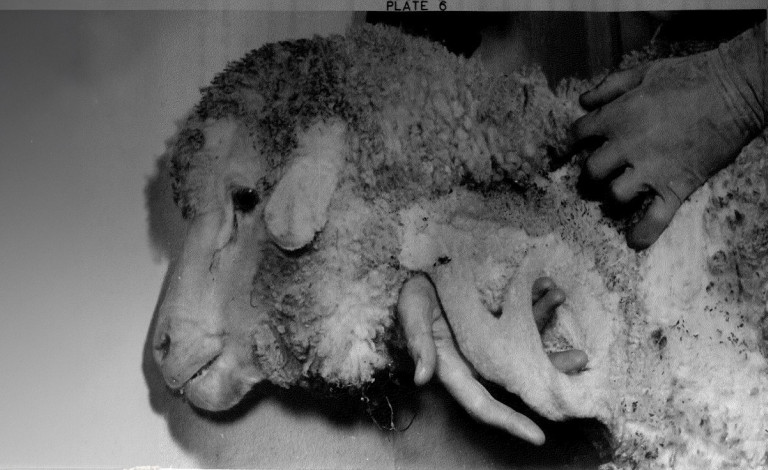New insights into plant interdependence could change the field
29 August 2022 | News
Revelations in a new research paper around the deep-rooted but previously unknown relationship between grass and clover could be ground-breaking.
Grasses procure key soil nutrients for clovers was recently published in the prestigious science research journal, Nature Plants.
It stated that while the nitrogen-fixing capabilities of clover were common knowledge, the discovery of its interdependence with the grasses around it could provoke change in the plants making up our agricultural pastures.
Grasses benefited from the nitrogen the clover provided, but gave more key nutrients to the clover than it could glean from the soil itself, including the element molybdenum it needed to fix the nitrogen.
“Potentially, pasture production could be enhanced by selecting grasses that maximise these beneficial returns to nitrogen-fixing clovers,” co-author, Lincoln University's Professor Nick Dickinson, said.
“Nitrogen is a critical nutrient for agricultural production. Legumes such as clovers, can fix nitrogen from the atmosphere, some of which spills over into the soil and improves the growth of nearby plants. Clovers also provide valuable nutrients to animals - a beautiful win-win is exploited in grazed pastures worldwide.
“However, the question remained, were clovers carelessly expending energy to freely pass nitrogen to grasses that are competitors for the same space, water and sunlight?
“This study provides the first evidence that the combined root systems of clovers and grasses are more effective at exploiting limiting plant nutrients, including molybdenum, cobalt, and manganese, that are required for growth and the biochemical process of nitrogen fixation.
“Living together and mutual facilitation between plant species certainly seems to be the nature of the game,” Professor Dickinson said.
The paper stated the discovery could lead to changes in the use of fertiliser and other inputs and provide research pathways for regenerative agriculture to build a scientific base.
Interested in studying ecology?
Find out more

